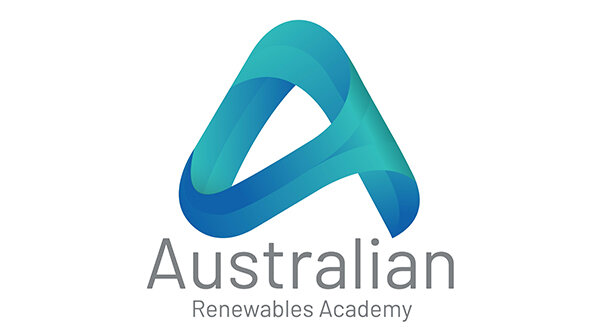Newcastle Navigates: A Strategic Dialogue on a Clean Energy Future
Have you ever heard of an Australian region (let alone one with a 150-year mining history) whose residents refer to it as being in a 'Goldilocks' phase? At the Australian Renewables Academy, we did while facilitating our latest (and largest) regional 'Dinner and Dialogue' event in Newcastle, in the Hunter Region of NSW!
As has been the case with ARA’s seven earlier Dinner and Dialogue events in Renewable Energy Zones around Australia, this Dinner brought together a diverse group of more than 30 local clean energy stakeholders, including local business leaders, educational experts, and representatives from the small and medium-sized enterprise (SME) sector and government, to discuss workforce development and growth challenges and opportunities arising from the transition to a clean energy economy in the region and around Australia.
Challenges in Education and Industry Alignment
The conversation started with critically assessing the educational sector's alignment with industry needs. Participants expressed concerns that universities and TAFEs need to consider how they prepare students for entrepreneurial roles and/or equip them with the necessary skills to start a business. This gap is further exacerbated by SMEs’ lack of access to capital and the short-sightedness induced by three-year political cycles, which fail to provide a stable investment environment for private enterprises.
The Hunter’s economic and social landscape
More positively, participants described the region as being in a 'Goldilocks space' for investment. However, they noted that businesses hesitate to commit financially to the region without substantial cash investment upfront. This reluctance is mirrored in educational institutions and affects schools' organisational mindsets and their understanding of jobs available in the clean energy sector and its supply chain, leading to a need for more training and job opportunities that could inspire future generations.
Participants also discussed issues arising from competing regions, which could undermine the Hunter Region's efforts to transition to a clean energy economy. Specific reference was made to the downsizing of offshore wind (OSW) projects from 8 GW to 5 GW, illustrating some of the volatility and uncertainty in clean energy investments to date.
A Holistic Approach to Supporting Clean Energy
The Dialogue emphasised the need for a comprehensive strategy to bolster the clean energy sector, highlighting the need for more trusted voices and regional media to deliver knowledgeable analysis (as distinct from ill-informed and sometimes oppositional media). Some participants also shared their concerns about the need for more solid business plans among SMEs, which must effectively plan for the clean energy transition, as a critical element of the supply chain.
The event highlighted the importance of having a shared language concerning what 'transition' and 'clean energy' mean for different stakeholders, from those in remote areas who are sceptical about the clean energy transition to regional populations who appear more open to it. Questions were raised about the future beyond construction jobs, particularly current wage disparities between the fossil fuel and clean energy sectors (and between construction and maintenance jobs on clean energy projects).
Educational and Community Initiatives
A significant discussion point was the need for better educational outreach. Participants stressed the importance of promoting vocational skills directly to teachers and mapping out post-school career paths. In this context, the 2016 AGL Community Legacy fund was cited as a model for establishing funds that enable entrepreneurs to thrive by addressing local needs.
Policy and Infrastructure Development
Participants called for governmental co-investment in developing new infrastructure, including business parks on rehabilitated land. Lake Macquarie's transformation into a motorsport park was specifically referred to as an innovative example of land reuse. The role of education, particularly in recalibrating worker expectations and positioning trades on an equal footing with undergraduate degrees, was discussed as crucial for the future workforce.
Conclusion: Forging Pathways for a Sustainable Transition
ARA’s Newcastle Dinner and Dialogue event underscored the need for a coordinated approach encompassing educational reform, policy innovation, and community engagement (leading to clean energy social licence) to fully harness the Hunter Region's clean energy potential.
As ARA continues to facilitate these crucial discussions, the insights gathered in Newcastle are set to significantly influence the strategic direction for Australia's clean energy future, ensuring the region remains a vital player in the transition towards sustainable energy solutions.
Empower Australia Forum 2024 in Melbourne on 14 November
Looking ahead, the Australian Renewables Academy invites you to continue these meaningful discussions at the Empower Australia Forum, set for 14 November 2024 in Melbourne. This flagship event will further explore themes from our nationwide dialogues and enhance collaborative efforts to shape Australia's clean energy landscape. Prepare for a day of impactful discussions and strategic networking—perfect for building on the momentum from our 2024 events nationwide.
To be part of the conversation, register here: https://www.renewablesacademy.com.au/empower-australia-forum-2024.
#cleanenergy #renewables #workforce #Hunter

